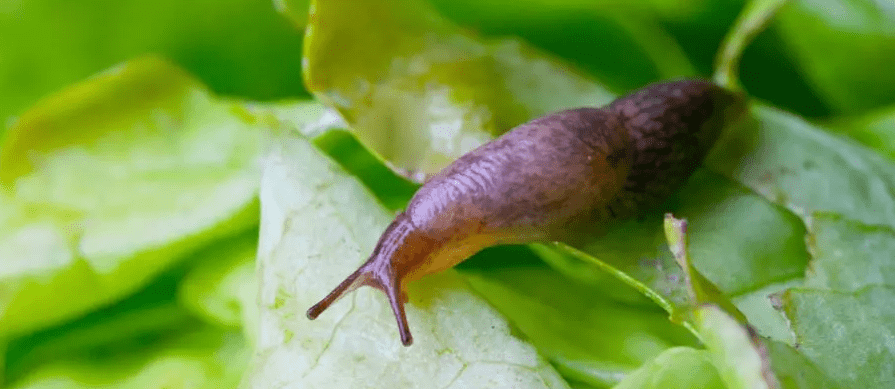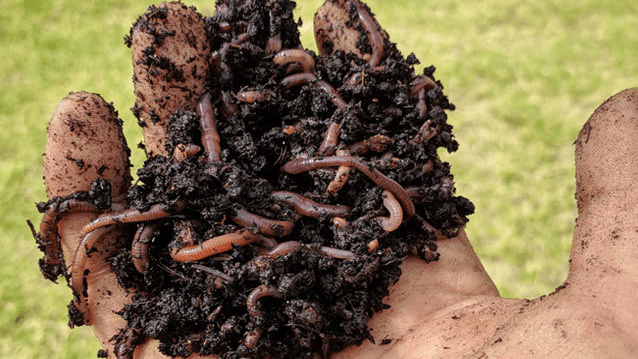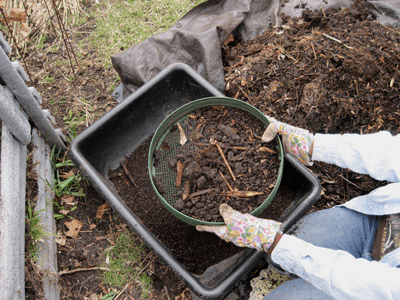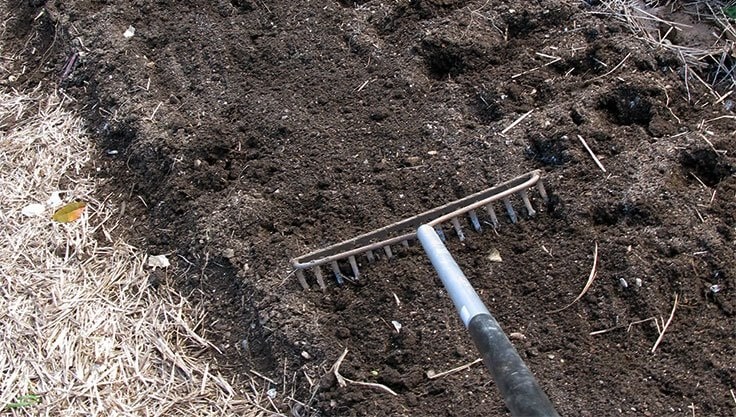Today we will talk about a topic of great interest for those who want to grow an organic vegetable garden: natural rooting agents. Rooting, growth hormones or biostimulants are different names for the same thing: a type of product used to improve the growth and vigor of plants.

Contents
What are natural rooting agents?
Natural rooting agents are used in agriculture to promote the growth of main roots and the development of a greater number of secondary roots. These products are widely used especially when planting woody or herbaceous cuttings. In these cases it is essential that the plant develops a strong and healthy root system (both for its support and for nutrient absorption), and natural rooting products can be great allies to achieve this.
Traditionally, chemical or artificial rooting agents have been used, but nowadays it has been discovered that there are plants that produce them naturally, so we can use them to make extracts or natural plant rooting agents.
How to make homemade natural rooting agents
- Coffee
As we have already seen in previous occasions the coffee has many utilities, and one of them is that it is good assistant at the time of rooting. It is done by boiling the coffee grains (it can also be done with ground coffee). Approximately a handful of coffee is used for half a liter of water so that it is not very concentrated, it is strained to remove the remains and it is left to cool, the cutting is left to rest for a while in this coffee liquid.
- Cinnamon
This rooting agent is one of the simplest and quickest to make, in a liter of water add 3 spoonfuls of cinnamon and let it rest all night. I personally also add carrot skins that have some small rootlets; finally the following day it is filtered and it is ready to use.
- Soy or wheat seeds
The seeds in general have good properties and during the germination they generate hormones to root, reason why they are very useful for our task. To make the enraizante, it is necessary to let the seeds rest in water about 3 hours, they are drained but this water is reserved in the refrigerator, later they are crushed with new water, and this species of mush is filtered, finally what we obtain we mix it with the water that we had reserved in the refrigerator.
- Willow
The willow is a species with numerous properties among them that takes root very well and in a short time. You need a few sprigs of willow with bark, these are washed and left in a container with water for about 3-4 weeks. The water is then put in the refrigerator and only the twigs are boiled in water for a few minutes. This is filtered, and allowed to cool to room temperature. Once it is completely cold, it is added to the water we had left in the fridge and it is ready to use.
- Lentils
This is one of the most known and used, lentils are seeds so during their germination they generate the hormones we have talked about before, that is why we can take advantage of their properties.
For the elaboration it is necessary to let the lentils rest in water for about 5 hours, some perhaps germinate, then beat all together the water and lentils, to continue straining or filtering. You can add a little water so that it is not so concentrated and spray it on the area of the cutting that needs to be treated.
Nowadays, there are rooting products on the market that are suitable for organic farming, in powder or liquid form. The only drawback is that they are somewhat expensive.
All these natural rooting agents can be used for regrowing or regenerating crops. Natural rooting agents should be added to the water of the first phase, or sprayed on the roots at the time of transplanting.
The ideal moment to apply them is on the cutting before planting it. They should be spread well all over the base of the cutting, let it absorb for a few minutes and then plant it.
Advantages of using homemade natural rooting products
If you make your own rooting products you will benefit from advantages such as:
- They are 100% organic.
- It does not take a long time to make them.
- They are very economical.
- The ingredients for their elaboration are very easy to find.
- The waste from the production process can be used for compost.

Disadvantages of natural rooting agents
The only disadvantages that can present these natural rooting products are basically two, the first one is that they take a little more time to take effect than the conventional rooting products (chemical or of synthesis) and the second one is that they last only 3 or 4 days in the refrigerator, after that they lose all their properties.
For this second problem I am going to make an experiment, and it is to freeze the rooting agent. Later, in two different containers, I will root two cuttings: one with freshly made rooting medium and the other with rooting medium that has been frozen for a while. I will let you know the results.
Agrohuerters, I encourage you all to make your own natural rooting products and let us know how they work on your plants. Best regards and see you next time!









